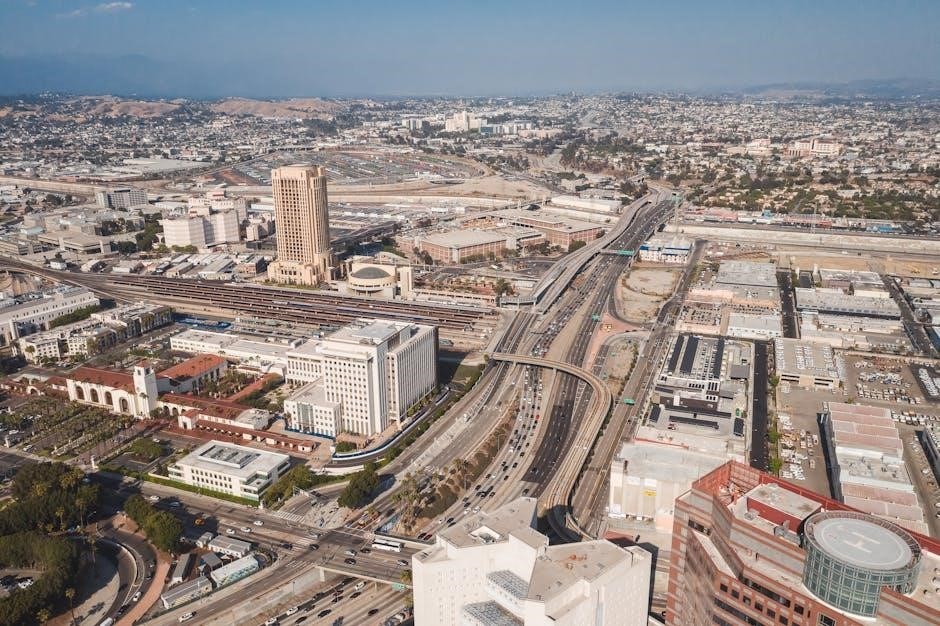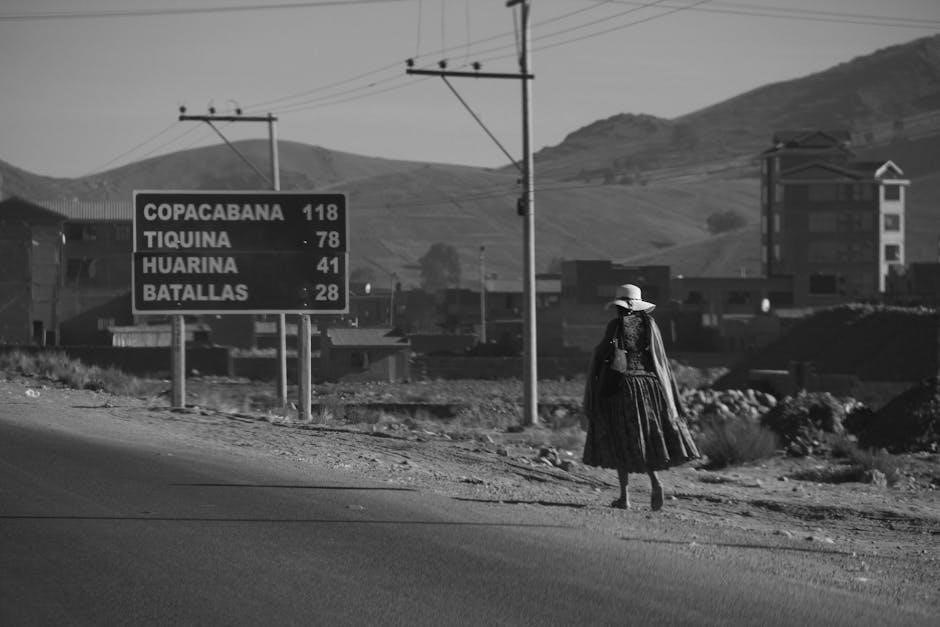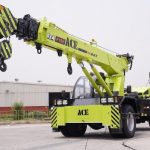
The concept of power versus force explores their distinct roles in shaping societies, leadership, and individual growth, emphasizing education and technological advancement as key drivers of progress.

Definitions and Concepts
Power refers to the ability to influence or control outcomes, often tied to authority and structured systems, while force denotes raw strength or immediate physical or mental energy.
Power
Power is the capacity to influence events, actions, or people through authority, resources, or persuasion. It often operates within structured systems, such as governments, institutions, or social hierarchies, shaping decisions and outcomes. Historically, power has been linked to leadership, governance, and the ability to enact change. Philosophical perspectives highlight its dual nature: while it can drive progress, it can also lead to oppression if misused. In modern contexts, power is closely tied to knowledge, technology, and economic strength, emphasizing its role in shaping global dynamics and individual opportunities. Education and access to information are key drivers of personal and collective empowerment, underscoring the importance of equitable distribution for societal balance and growth.
Force
Force refers to the physical or coercive energy exerted to achieve a specific outcome, often involving direct action or pressure. Unlike power, it relies less on persuasion and more on immediate, tangible effects. Historically, force has been a tool for asserting dominance, resolving conflicts, or maintaining control. Philosophers like Plato emphasized the importance of balancing force with wisdom to avoid harm. In modern times, force is evident in military actions, law enforcement, and even personal willpower. However, excessive reliance on force can lead to resistance and instability, highlighting the need for ethical considerations. The interplay between power and force underscores the complexity of achieving lasting change, where subtlety often proves more effective than brute strength in sustaining harmony and progress.

Historical Context
The interplay between power and force has been debated since ancient times, with philosophers like Plato highlighting their roles in shaping societies and human progress historically.
Philosophical Perspectives
Philosophers have long examined the distinction between power and force, with Plato emphasizing education’s role in harmonizing mental and physical strength. Power is often seen as structured authority, while force is raw energy. Philosophical debates highlight their ethical implications, questioning their use for progress or control. Historical thinkers argue that true power emerges from balance, whereas force alone can lead to instability. These ideas resonate in modern discussions about leadership, governance, and personal growth, underscoring the importance of understanding their interplay in shaping societies and individuals. The exploration of these concepts remains central to philosophical inquiry, offering insights into human development and societal evolution.
Political Milestones
Throughout history, the interplay of power and force has shaped political landscapes. Power has often been institutionalized through governments and policies, while force has driven revolutions and regime changes. Key milestones include the rise of democratic systems, where power is distributed among institutions, contrasting with authoritarian regimes relying on force. The balance between these concepts has influenced global events, from the Enlightenment to modern political movements. Historical examples show how power structures evolve, adapting to societal changes and technological advancements. Understanding these dynamics provides insight into how nations navigate governance, conflict, and progress, highlighting the enduring relevance of power and force in shaping political destiny.
Modern Applications
Power and force are integral to contemporary leadership, technology, and globalization, shaping industries and societies through strategic applications, innovation, and the balance between progress and conflict resolution.
Business and Leadership
In the modern business landscape, power and force are essential elements of leadership, influencing decision-making and organizational growth. Power, as a strategic influence, drives innovation and long-term success, while force, as direct action, ensures implementation and adherence to goals. Leaders must balance these elements to foster a productive environment. The integration of technology and education has further refined these concepts, enabling businesses to adapt to global challenges. Effective leadership today requires understanding both the subtle dynamics of power and the assertive application of force, ensuring sustainability and resilience in competitive markets. This duality is crucial for navigating the complexities of modern business, where adaptability and strategic foresight are paramount.
Technology and Innovation
Technology and innovation are pivotal in transforming power and force dynamics, enabling advancements that redefine industries and societal structures. The integration of digital tools and artificial intelligence has amplified the reach and efficiency of these elements, fostering rapid progress. Innovation drives continuous improvement, while technology provides the means to implement change effectively. From healthcare to education, these forces are reshaping traditional systems, promoting accessibility and inclusivity. The synergy between power and force in technological contexts ensures that advancements are both visionary and actionable, propelling humanity toward a future marked by collaboration and sustainable development.
Psychological Aspects
The psychological dimensions of power and force reveal their profound impact on human behavior and mental resilience. Power often manifests as mental strength, enabling individuals to influence others through confidence and strategic thinking. Force, on the other hand, is linked to determination and the ability to overcome challenges, reflecting inner drive and persistence. Both concepts are deeply intertwined with emotional regulation, as mastering emotions enhances one’s capacity to wield power effectively and sustain force over time. The interplay between these elements shapes leadership qualities, decision-making processes, and personal growth, highlighting the importance of psychological balance in achieving success. Understanding these dynamics is essential for fostering resilience and adaptive thinking in a rapidly changing world.

Role of Education
Education plays a pivotal role in distinguishing and developing the concepts of power and force. It equips individuals with the knowledge and skills necessary to understand and harness these elements effectively. Through structured learning, education fosters critical thinking, enabling individuals to recognize the difference between authority and strength. Historical perspectives, such as Plato’s emphasis on education as a tool for mental and physical improvement, highlight its transformative potential. Modern educational systems further emphasize the importance of nurturing both intellectual and emotional intelligence, preparing individuals to lead and adapt in dynamic environments. By integrating these principles, education empowers individuals to contribute positively to societal progress and personal growth, bridging the gap between theoretical understanding and practical application.

Globalization and Its Effects
Globalization has profoundly impacted the dynamics of power and force, creating interconnected systems that influence economies, cultures, and societies worldwide. The integration of global markets and technologies has shifted power structures, enabling new players to emerge while challenging traditional hierarchies. Cultural exchange, facilitated by globalization, fosters creativity and innovation, yet it also risks homogenizing diverse traditions. The internet and digital communication tools have democratized access to information, empowering individuals and communities. However, globalization also intensifies competition, potentially leading to imbalances in resource distribution and social inequities. As globalization continues to evolve, it remains a double-edged sword, offering opportunities for collaboration while necessitating adaptive strategies to mitigate its adverse effects and ensure equitable growth across the globe.
Accessing Resources
Access resources on “el poder frente a la fuerza” through online platforms like Librivox and physical stores such as Barnes & Noble and Waterstones, easily ensuring global accessibility.
Online Sources
Accessing resources on “el poder frente a la fuerza” is simplified through various online platforms. Websites like Librivox and Live Music Archive offer free access to related texts and discussions. Additionally, platforms like Netlabels and Old Time Radio provide diverse materials for deeper exploration. The internet also hosts numerous PDF repositories, such as those mentioned in the provided data, where users can download works like “ElPoderFrenteALaFuerzaGratis” at no cost. These sources cater to global accessibility, ensuring that educational and philosophical content reaches a wide audience. Online bookstores and academic databases further enrich the availability of such resources, making it easier for individuals to engage with the topic.
Offline Availability
For those preferring physical copies, resources on “el poder frente a la fuerza” can be found in bookstores like Barnes & Noble and Waterstones. Independent local stores also offer such texts, ensuring accessibility beyond digital platforms. Libraries and academic institutions often carry these works, providing free access to students and researchers. Additionally, community centers and cultural organizations may host discussions or provide physical copies of related materials. Offline availability ensures that individuals without internet access can still engage with the topic. Physical copies, including books and pamphlets, remain a reliable method for studying the subject in depth. This traditional approach complements online resources, fostering a well-rounded understanding of power and force dynamics.
In exploring “el poder frente a la fuerza,” we uncover the intricate dynamics between power and force, emphasizing their roles in shaping societies, leadership, and individual growth. Education emerges as a cornerstone, fostering critical thinking and ethical awareness. The interplay of technological advancement and traditional values highlights the balance needed in modern progress. By examining historical, psychological, and global perspectives, we gain a holistic understanding of these concepts. Access to resources, both online and offline, ensures that knowledge remains accessible to all. Ultimately, the discussion underscores the importance of harnessing power and force responsibly to drive positive change in an ever-evolving world. This journey through the topic invites reflection on how these principles can be applied to foster personal and societal development.




